
Timothy Endicott: Parliament and the Prerogative: From the Case of Proclamations to Miller
The Government’s argument in the Miller case is that triggering Article 50 lies within the power of the Crown to make and unmake international treaties – a power the leading litigant, Gina Miller, has termed ‘this ancient, secretive Royal...
Video: Criticism and Accountability in Judging
Next month the Supreme Court will hear the Government’s appeal in the Miller judgment. The backdrop to that hearing is unusually heated: earlier this month, press and politicians reacted strongly to the High Court’s decision. Retired judges, lawyers and political...
Graham Gee: A Tale of Two Constitutional Duties: Liz Truss, Lady Hale, and Miller
A great deal has been written about the High Court’s judgment in Miller, some of it on this site. The importance of Miller, and the intensity of the reactions that the judgment has provoked, can be seen in the separate controversies over Liz Truss and Lady Hale. In...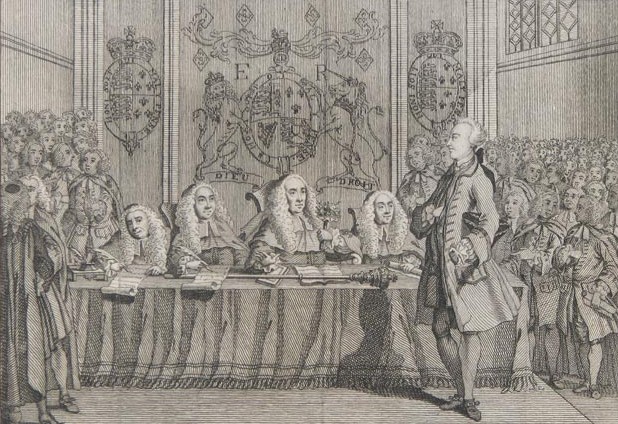
John Finnis: Two Too Many?
Part of our series on “Debating Judicial Power: Papers from the ALBA Summer Conference”. A pdf version of this post can be found here. These brief marginal comments on Dame Elisabeth Laing’s interesting, important, and enviably readable “shop floor” reflections in her...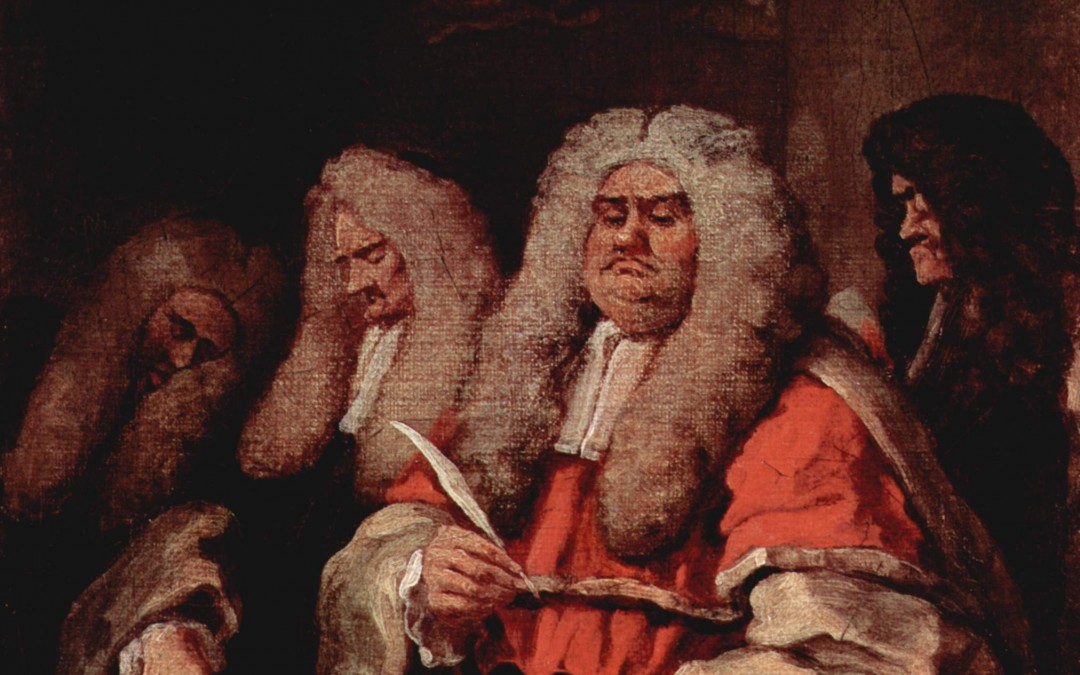
Elisabeth Laing: Two Cheers for Judicial Activism
Download Elisabeth Laing paper John Finnis reply Today we launch this series with a paper by High Court judge Dame Elisabeth Laing entitled ‘Two Cheers for Judicial Activism’. The premise of the paper is that ‘there is a thing, which for want of a better label, we can...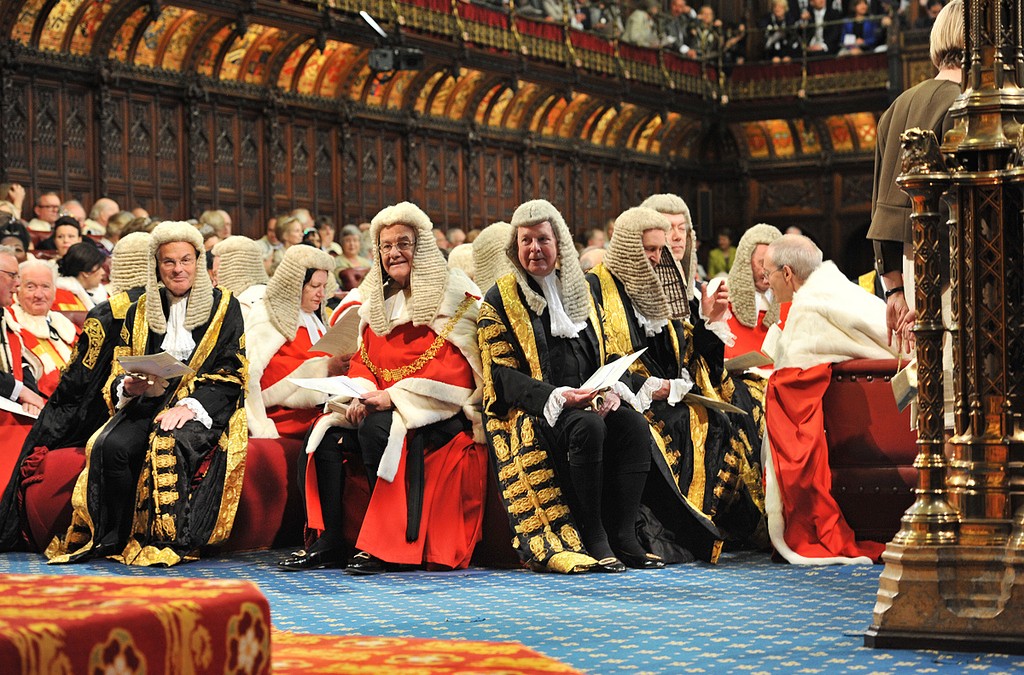
Danny Nicol: “Enemies of the people”, judicial independence and free speech
Trenchant criticism of judges is nothing new. Britain’s judges have been characterised as enemies of the people on numerous occasions: Taff Vale, Osborn, Roberts v Hopwood, Rookes v Barnard, Bromley v GLC and many other instances. Yet when Miller attracted the...
Christopher Forsyth: The High Court’s Miller Judgment
I. Law not politics Writing before the ink is dry on the High Court’s judgment in the Brexit judicial review case R (Miller) may be thought foolish. It will be easy to mistake its significance. It is easy too to rush to judgment (as others who should know...
Miller: Expert Reactions
Editor’s Note: Policy Exchange’s Judicial Power Project invited a number of leading academics and practitioners to offer very short comments on the High Court’s decision on the process for triggering Article 50 in R(Miller) v Secretary of State for Exiting the...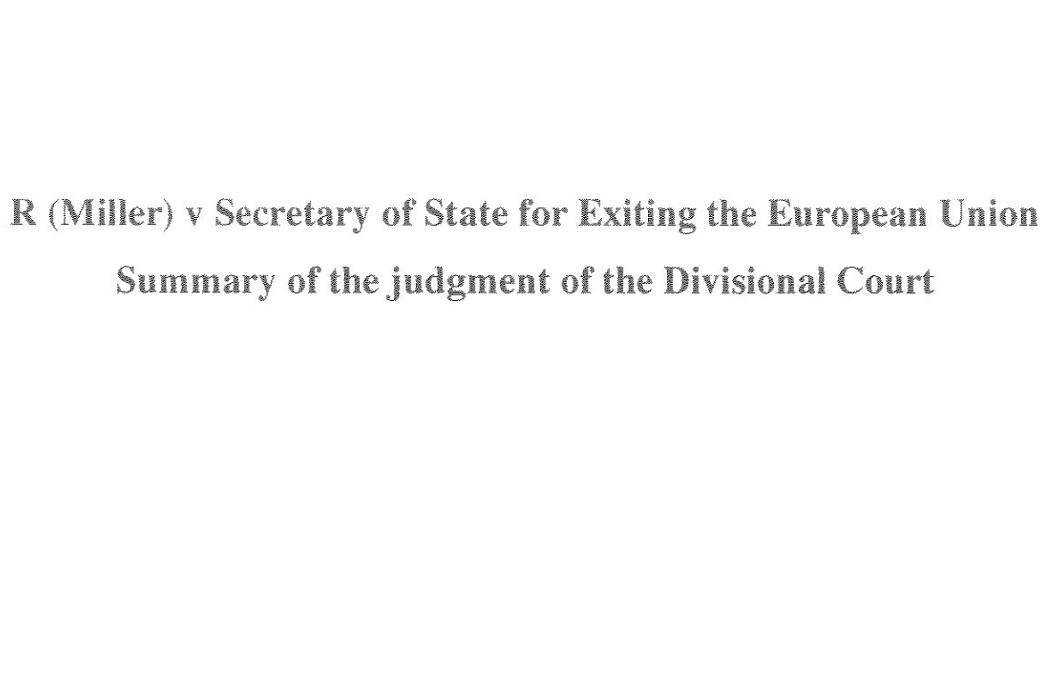
A bad day for the rule of law
The High Court has made a bad mistake – it has wrongly lent its authority to a claim that undermines both democratic self-government and the rule of law. The basic point of this litigation has not been to defend parliamentary democracy. Rather, the aim has been to...
Simon Lee: First level judging of the first class
Simon Lee on the Belfast court’s justified dismissal of the first round of Brexit litigation. In the Northern Ireland High Court on Friday, 28 October, Maguire J gave the first ruling on Brexit litigation. Maguire J rejected the applications of Raymond Cord and...
Derogation in wartime: A response to Lord Pannick
Dr Jonathan Morgan from the University of Cambridge offers the following response: Derogation in wartime ...
Richard Ekins: What the PM gets right about the Brexit litigation
Richard Ekins’ ‘What the PM gets right about the Brexit litigation’, was first published on the Reaction site on 5 October 2016. The Government’s legal authority to invoke Art 50 is being challenged in the courts. In her speech on Sunday, the Prime...
Mikołaj Barczentewicz: What is the Government really arguing in the Article 50 litigation? A response to Mark Elliott
The litigation on the lawfulness of any Government notification of a decision to leave the European Union without specific prior authorisation in an Act of Parliament is of high legal and political significance. It is therefore right that the submissions of the...
Mark Elliott: The Government’s case in the Article 50 litigation: A critique
Professor Mark Elliott’s ‘The Government’s case in the Article 50 litigation: A critique’ has also been cross posted to Public Law for Everybody. Thanks to a court order, the Government’s case — its “detailed grounds of resistance” — in the...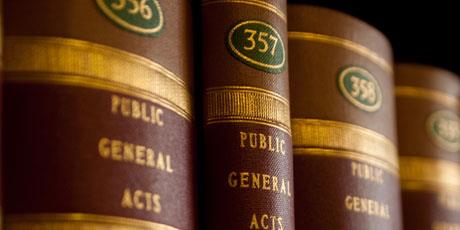
Robert Stevens: The Proper Limits of Judicial Law-Making
Editors Note: In this post, Professor Robert Stevens replies to Baroness Hale’s keynote lecture to the Society of Legal Scholars in September 2016 (Baroness Hale’s lecture can be read here, and a video of the lecture viewed here). It is an honour to have been...
Richard Ekins: What the Strasbourg Court has wrought – and what to do about it
Richard Ekins’ ‘What the Strasbourg Court has wrought – and what to do about it’, first published on the Reaction site on 23 September 2016. Professor Ekins is co-author of the Policy Exchange report Clearing the Fog of Law. For anyone wondering...
Anthony Speaight QC: CJEU takes the meaning of EU citizenship into the unknown
Last week’s decision of the Court of Justice of the European Union in Home Secretary v CS marks a new high water mark in the Court’s expansion of the implications of EU citizenship and the role of the EU Charter of Fundamental Rights. It may also raise important...
Panel Discussion of Judicial Power and Brexit
Panel Discussion of Judicial Power and Brexit On 21 July 2016, Policy Exchange’s Judicial Power Project hosted a panel discussion on Brexit and Judicial Power. Key issues addressed included: what Brexit means for judicial power in the UK constitution, the role of...
Brexit and Judicial Power
Professor Richard Ekins publishes a new Judical Power Project report on Brexit’s wide implications for the future of judicial power in our constitution. Read the report
Chris McCorkindale: The New Powers of the Judiciary in Scotland – Part II
i The devolution project which saw legislative and executive power transferred from Westminster to Holyrood and from Whitehall to Victoria Quay has been accompanied by enhanced judicial powers. As they relate to primary legislation in the devolved sphere, these new...
Richard Ekins: Can the courts block Brexit?
Not everyone is taking last week’s vote well. There have been calls for a second referendum or for Parliament simply to ignore the result. Whatever one thinks about the outcome of the referendum, these are not sensible suggestions, as I argue elsewhere. They are...
Christopher Forsyth: A change of mind on Bradley
Editor’s Note: Last week Policy Exchange’s Judicial Power Project published a report by Dr Jason Varuhas on Judicial Capture of Political Accountability. The Project has invited commentators with a range of views to reply to the report. Some might be expected to be...
Farrah Ahmed: Deference to political accountability mechanisms
Editor’s Note: Earlier this week Policy Exchange’s Judicial Power Project published a report by Dr Jason Varuhas on Judicial Capture of Political Accountability. The Project has invited commentators with a range of views to reply to the report. Some might be expected...
Richard Ekins: A legitimacy crisis in judicial review
Judicial review of executive action is a vital part of the rule of law. The courts rightly hold ministers and other public bodies to the scope of their lawful powers, insisting on procedural fairness and correcting some obvious abuses of power, but aiming always to...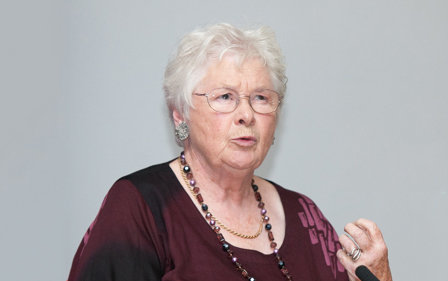
Carol Harlow: A comment on Judicial Capture of Political Accountability
Editor’s Note: Earlier this week Policy Exchange’s Judicial Power Project published a report by Dr Jason Varuhas on Judicial Capture of Political Accountability. The Project has invited commentators with a range of views to reply to the report. Some might be expected...
Richard Kirkham: A reply to Judicial Capture of Political Accountability
Editor’s Note: Earlier this week Policy Exchange’s Judicial Power Project published a report by Dr Jason Varuhas on Judicial Capture of Political Accountability. The Project has invited commentators with a range of views to reply to the report. Some might be expected...
Jason Varuhas: Judicial Capture of Political Accountability
In a Policy Exchange report released today I examine the increasing capture of political accountability mechanisms by courts. Institutions such as the Parliamentary Ombudsman are intended to operate in the political sphere, securing government accountability through...
Daniel Greenberg: Human rights and reductio ad Hitlerum
This site maintains an interest not only in the substance of human rights and other law, but also in the manner in which it is debated. A good example of how not to discuss human rights is found in an article by Adam Wagner in The Times of Israel / Jewish News...
